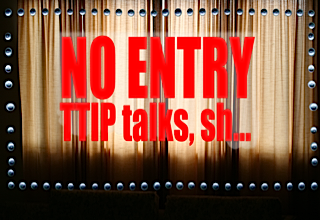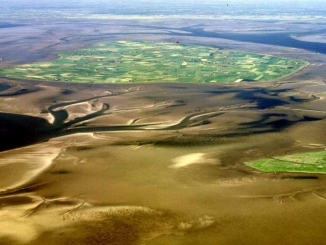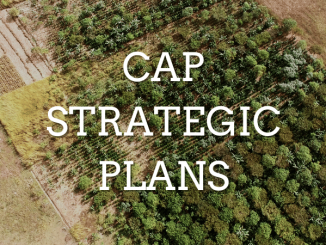TTIP and CETA are “an attack on peasant farmers”. So say the 87 organisations that make up “TTIP Unfairhandelbar” – a German national alliance of organisations fighting TTIP.
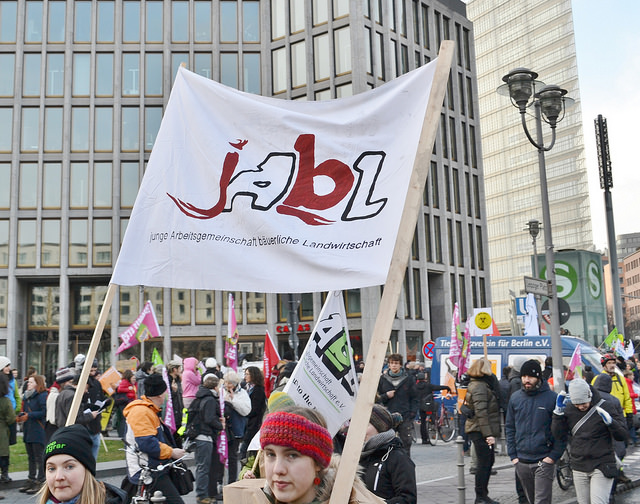
CC (Non Commercial-Share Alike 2.0 Generic)
German peasant farmer organisation AbL – Arbeitsgemeinschaft bäuerliche Landwirtschaft – released a communication as part of this alliance in March.
Resistance to TTIP and free trade agreements in Germany is amongst the strongest of any Member State of the EU.
The ARC2020 platform participants, and the rest of the TTIP Unfairhandelbar alliance have called on politicians to stop TTIP negotiations and reject CETA, as “the safest way to protect our standards and our small farmers”.
CETA, they point out “clears a path for TTIP….The US meat industry has already announced that if the EU continues to import only hormone-free meat it will expect significantly higher duty-free quota amounts than those in CETA.”
CETA, AbL point out will usher in “a 16-fold increase in duty free pork imports into the EU and a 12 fold increase for beef” threatening small farmer viability across the continent.
Even the European Parliament’s own documents, AbL emphasise, state that “agricultural added value would drop by 0.5 percent in the EU under TTIP, while it would increase by 0.4 percent in the USA.”
“Simulations in the milk sector show that annual exports by the European dairy industry to the USA would increase by 2.4 billion US dollars. On the other hand, the US dairy industry could look forward to an annual increase in exports worth 5.7 billion US dollars”
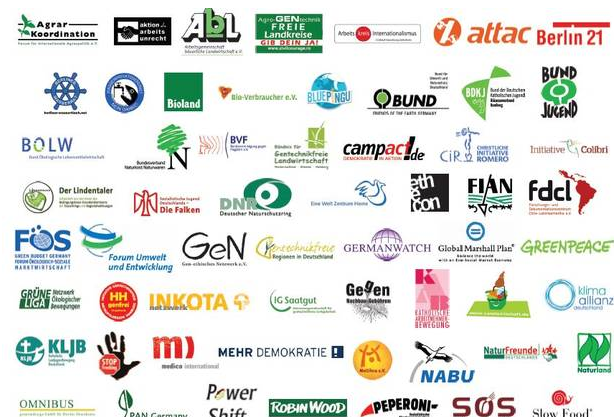
In a context of milk price plummeting, with the end of quota and highly volatile global demand, this would put further pressure on small to medium sized dairy producers in the EU, as the ARC2020 milk crises series underscores.
AbL signal out:
- Loss of power through investment protection
- Loss of power regulatory cooperation
- Loss of Europe’s quality products demarcations
- Chemical cleaning of carcasses
- Excessive market opening
as five areas of specific concern.

Trade policy, AbL suggest “must be drawn up in a future-oriented, democratic and multilateral way, taking into account social and ecological concerns, particularly those of poor countries around the world.”
More
TTIP unfairhandlebar (English version)
All ARC2020 news stories on TTIP
Arc2020 briefing notes on TTIP



